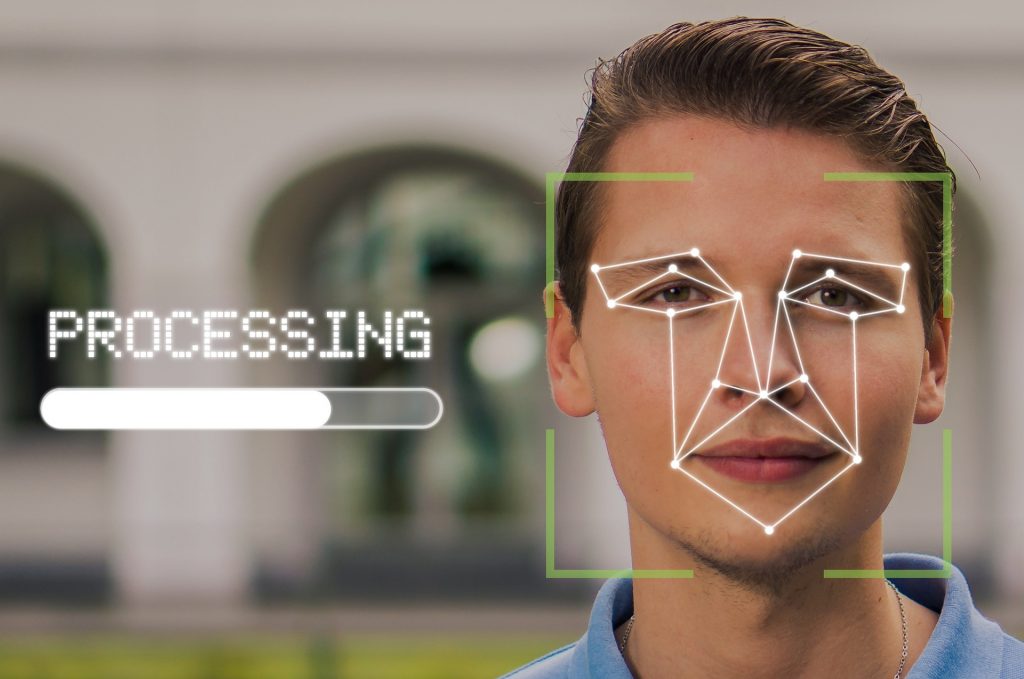AI is the programming of machines to think like humans and carry out human processes. Furthermore, it makes use of people’s neural ability to solve problems and make decisions.
In the field of computer science, it is called artificial intelligence. AI is used in machines and computers to replicate human intelligence.
How is AI Redefining the Travel Sector?
Globally travelers now have easier lives because of the integration of AI into various areas of the travel and tourism industry.
For instance, AI is already commonly employed in airports for various processes. Like, as facial recognition technology and airport security scanning equipment.
How AI Is Beneficial In the Travel Industry?
Chatbots
You may offer your consumers full-fledged customer assistance by using chatbots.
By doing this, the workload on the staff is relaxed. Also, it becomes easier to respond quickly to consumer inquiries.
In the same way a human can, chatbots can answer instantly, day or night, and offer thorough assistance in resolving client inquiries.
Customers no longer need to wait in lengthy lines to get their problems answered.
Facial Recognition
Another AI innovation that is flourishing in the tourism sector is facial recognition. To identify a person’s identity, facial recognition software scans the traveler’s face and analyzes its patterns.

It analyzes biometric data and develops filters that use artificial neural networks to translate face details from an image into numeric features.
The system then determines whether these traits are comparable by comparing them to a database.
For instance, facial recognition technology is now widely used in airports worldwide to speed up and simplify check-in processes and document inspections.
Face recognition is used by JetBlue Airways for a paperless boarding process.
Individualized Travel Planning
Market research shows travelers use their cell phones or other devices to plan their upcoming trips.
Additionally, fifty percent of visitors say they do not require a travel guide. Sophisticated travel apps would assist them at every step of the way.
Intelligent AI-powered travel software can create any type of trip you want, romantic or adventurous. Numerous travel companies are investing in AI to provide their customers with specialized services depending on their preferences.
To provide individualized trip-planning services, travel companies are investing in AI. Additionally, the businesses offer free services like hospitality, food, and drink during their stay.
Data Analysis and Processing
AI in travel assists in gathering and analyzing user data. For travel agencies to determine client pricing preferences, this analysis will be helpful.
Customer reviews can be read and analyzed by AI-powered systems.
Therefore, it takes less time to track client preferences and also, helps to increase lead generation. AI thereby aids firms in boosting conversion rates.
Greater Productivity
Travel agents use AI to analyze customer responses. For instance, AI chatbots in airlines assist customers in locating cheap flights.
As a result, airlines can deploy their staff to complete other creative jobs that demand human involvement.
Also, automatic check-in reduces rush in the airport and manual processes. It will give high productivity and improve efficiency.
Management of a brand
Any user will conduct an online search to read reviews of a hotel when they are interested in learning more about it.
The growth and brand formation of the hotel name is usually greatly influenced by online consumer reviews.
Degrading remarks may harm the brand image. Artificial intelligence in the travel industry enables businesses to track client feedback or comments on social media sites.
It allows branded travel companies to monitor their market performance automatically.
Hotels and airlines can respond to requests in particular by applying artificial intelligence to travel.
In-room helpers
AI in the travel industry is not only useful in the tourism industry for helping travelers plan their trips.
It is also helpful while they are traveling or staying in a hotel room. Virtual voice assistants in the room can improve the experience for guests by responding to their inquiries.
It can be completing tasks like adjusting the temperature in the room, turning on and off the TV, turning on/off lights, telling them when breakfast is served at the hotel, etc.
Many hotel chains use AI-powered voice assistants to help predict guests’ wants. This helps them to create more individualized and interesting experiences for them and make personalized recommendations they are likely to be interested in.
Please Share Your Review
This was all from the “Benefits of an AI-based Virtual Travel Assistant?” I hope you liked the article.
If you are looking to launch your hotel website then you can launch it with QloApps: free hotel software. To know more about the QloApps try the demo of QloApps for free.
In case of any query, issue, or requirement please feel free to raise it on QloApps Forum.

Be the first to comment.